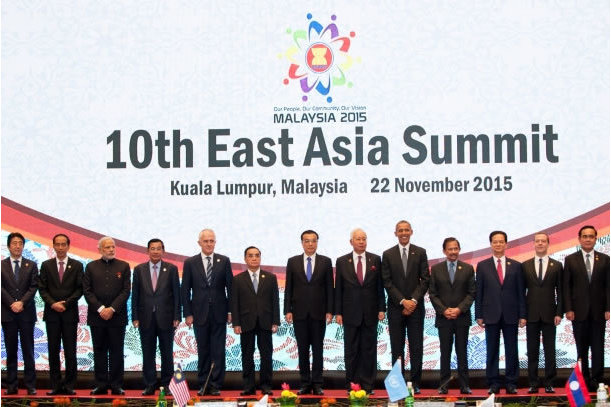Asia Pacific roadmap to eliminate Malaria by 2030

Summary
There is now a consensus between malaria experts that the battle against the deadly disease must focus on elimination rather containment.
At the tenth East Asia Summit which held on November 21-22, in Kuala Lumpur, Malaysia, leaders took an important step towards ridding the region of malaria – a disease which threatens more than two billion people in the world and kills nearly 50,000 people annually.
Under the APLMA Malaria Elimination Roadmap, the region plans to eliminate malaria by 2030. This aligns with WHO Global Technical Strategy for Malaria 2016–2030, the RBM Action and Investment to Defeat Malaria, and the Sustainable Development Goals.
The elimination roadmap identifies six priorities, 1) unite national efforts and regional actions, 2) map, prevent, test and treat the disease everywhere, 3) ensure high quality malaria services, tests, medicines, nets and insecticides, 4) improve targeting and efficiency to maximize impact, 5) mobilize domestic financing and leverage external support, and 6) innovate for elimination.
Malaria has proven to be an extremely robust disease and in regions where the disease was thought to have been contained there is a history of resurgence after funding and resources are scaled back. There is now a consensus between malaria experts that the battle against the deadly disease must focus on elimination rather containment.
The indicative cost of eliminating malaria in the Asia Pacific region has been calculated at just over US$1 billion per year during the first five years. Funding strategies are under consideration.
The Roadmap proposes the development of innovative financing to meet the necessary costs. Suggestions for financing include introduction and expansion of hypothecated taxes (such as alcohol, tobacco taxes, tourism and airline levies), leveraging national lotteries, and malaria bonds.
Related
-
Coalition writes Buhari on investment in healthcare
The group said healthcare is the foundation of national security, economic growth and recovery plan.
-
Vaccine alliance backs typhoid shots for poor with $85 million
While typhoid is a bacterial disease that can be treated with antibiotics, access to antibiotics in poorer regions is ...
-
Adesina urges African entrepreneurs to invest in anti-malaria drugs
At least 79% of the drugs consumed on the continent are imported from India and China.








